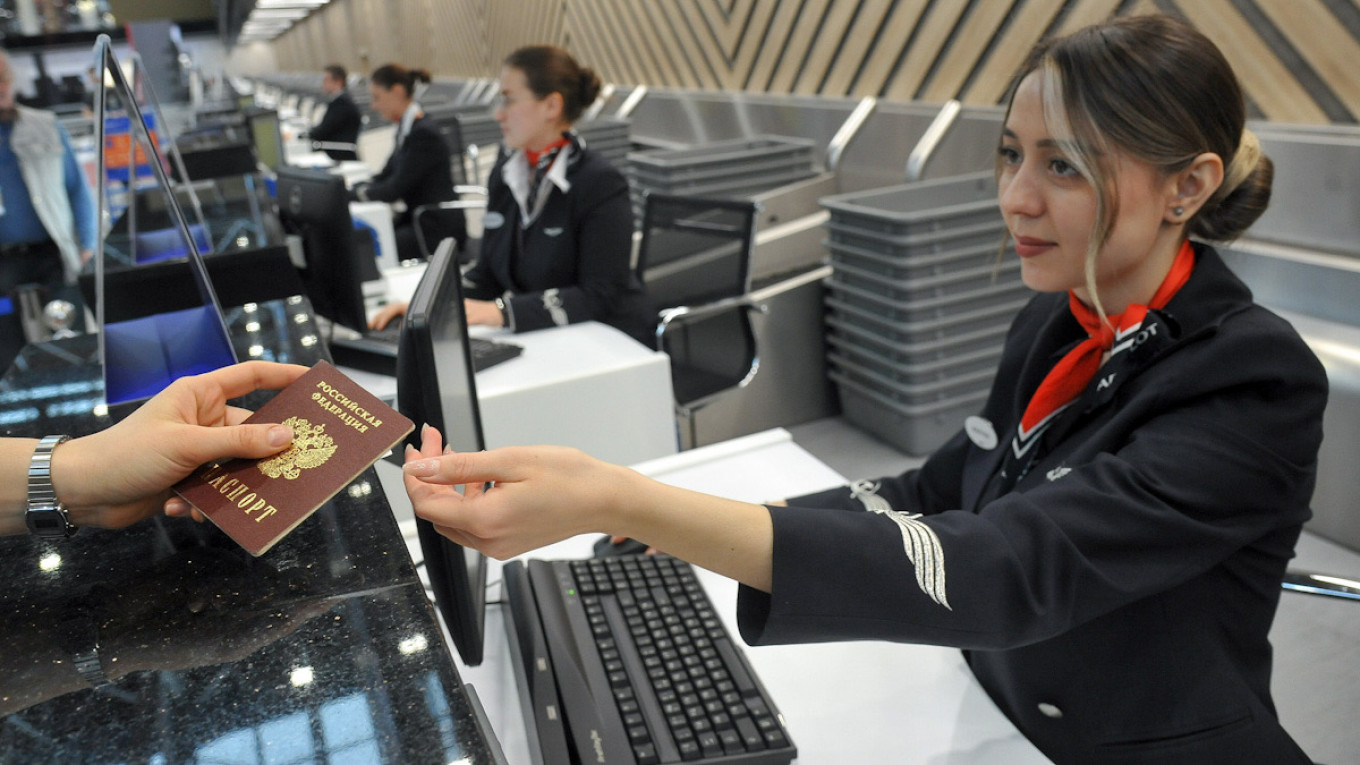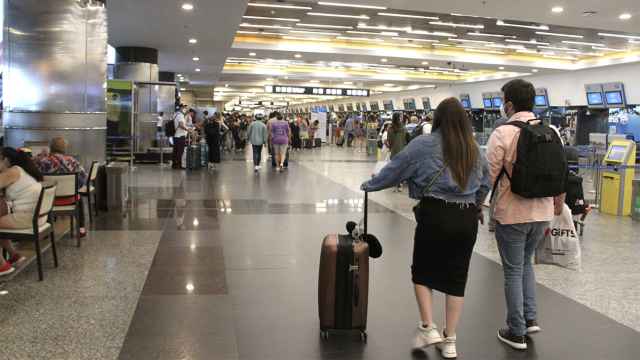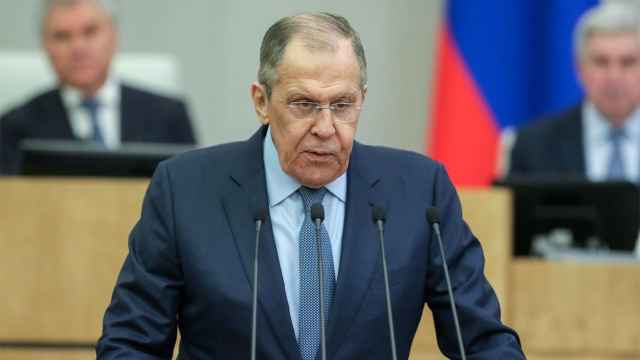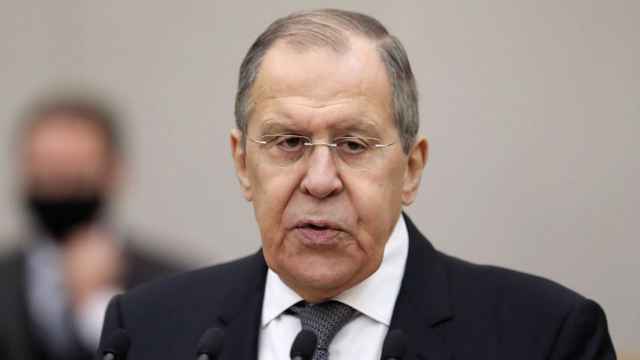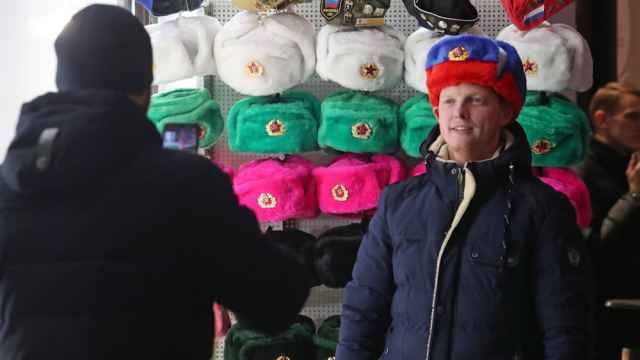Citizens of 52 countries will be able to visit Russia with an electronic visa starting Jan. 1, 2021, according to Prime Minister Mikhail Mishustin’s order published Wednesday.
While Russia’s borders have partially reopened following a nearly total border shut-down in the spring, most foreigners are still not able to enter the country. The e-visa system is expected to boost Russia’s tourism industry — which has already lost at least $7 billion in revenue since pandemic restrictions were introduced in late March — once borders reopen.
Here is a closer look at how the e-visa program will work:
Who is eligible?
- Citizens of 52 countries, including EU member states, China, India, Mexico, Saudi Arabia, Turkey and Japan.
- E-visa holders can enter Russia for tourism, business and humanitarian activities as well as for private reasons such as visits to Russian relatives or friends.
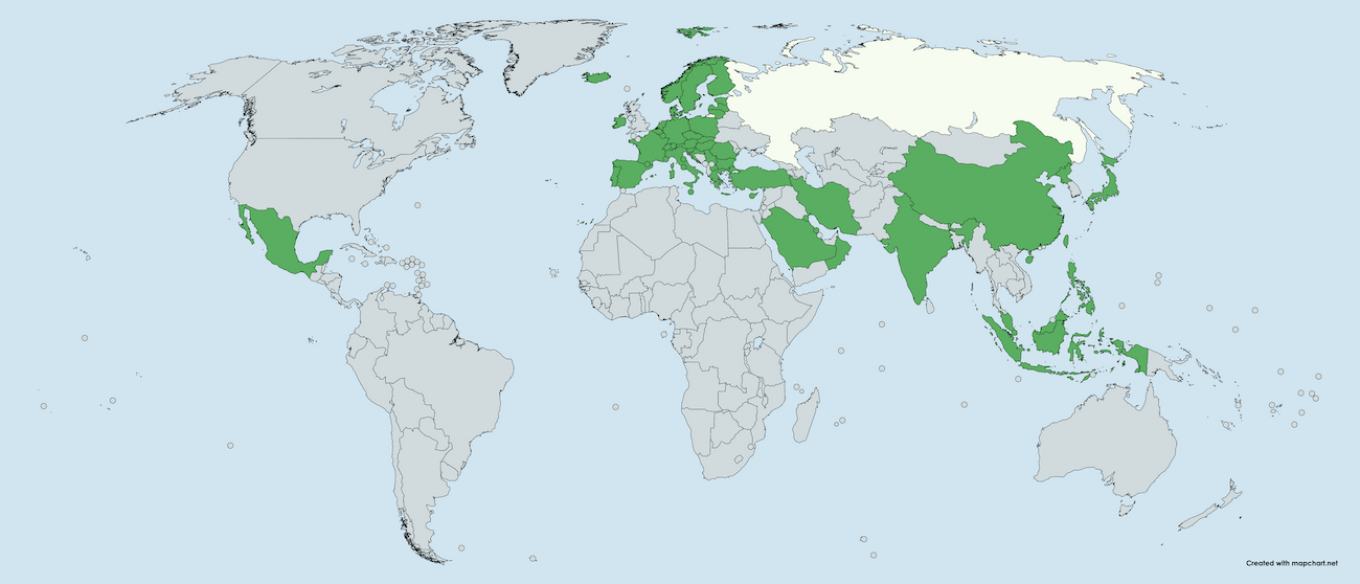
How to get it?
- Eligible visitors will be able to apply for a visa on a special website administered by the Russian Foreign Ministry or through a mobile application.
- Applicants will be asked to fill out a form, upload a photo and scanned copy of their passport and pay a $40 processing fee. Children under the age of six are exempt from the processing fee.
- E-visa applicants are not required to submit an invitation letter, proof of accommodation or ticket bookings.
How long will it take?
- Applications will be processed in no more than 4 days.
- The visas will be valid for 60 days from the day of issuance.
- A single e-visa allows foreigners to remain in Russia for up to 16 days. Visitors have to obtain a new visa each time they plan to enter Russia.
What to do at the border?
- E-visa holders can enter Russia through 29 border crossings, including international airports in Moscow, St. Petersburg, Yekaterinburg, Kazan, Krasnodar and Novosibirsk.
- Visitors will need to present a printed copy of their e-visa notification as well as a valid passport at border control.
A Message from The Moscow Times:
Dear readers,
We are facing unprecedented challenges. Russia's Prosecutor General's Office has designated The Moscow Times as an "undesirable" organization, criminalizing our work and putting our staff at risk of prosecution. This follows our earlier unjust labeling as a "foreign agent."
These actions are direct attempts to silence independent journalism in Russia. The authorities claim our work "discredits the decisions of the Russian leadership." We see things differently: we strive to provide accurate, unbiased reporting on Russia.
We, the journalists of The Moscow Times, refuse to be silenced. But to continue our work, we need your help.
Your support, no matter how small, makes a world of difference. If you can, please support us monthly starting from just $2. It's quick to set up, and every contribution makes a significant impact.
By supporting The Moscow Times, you're defending open, independent journalism in the face of repression. Thank you for standing with us.
Remind me later.


